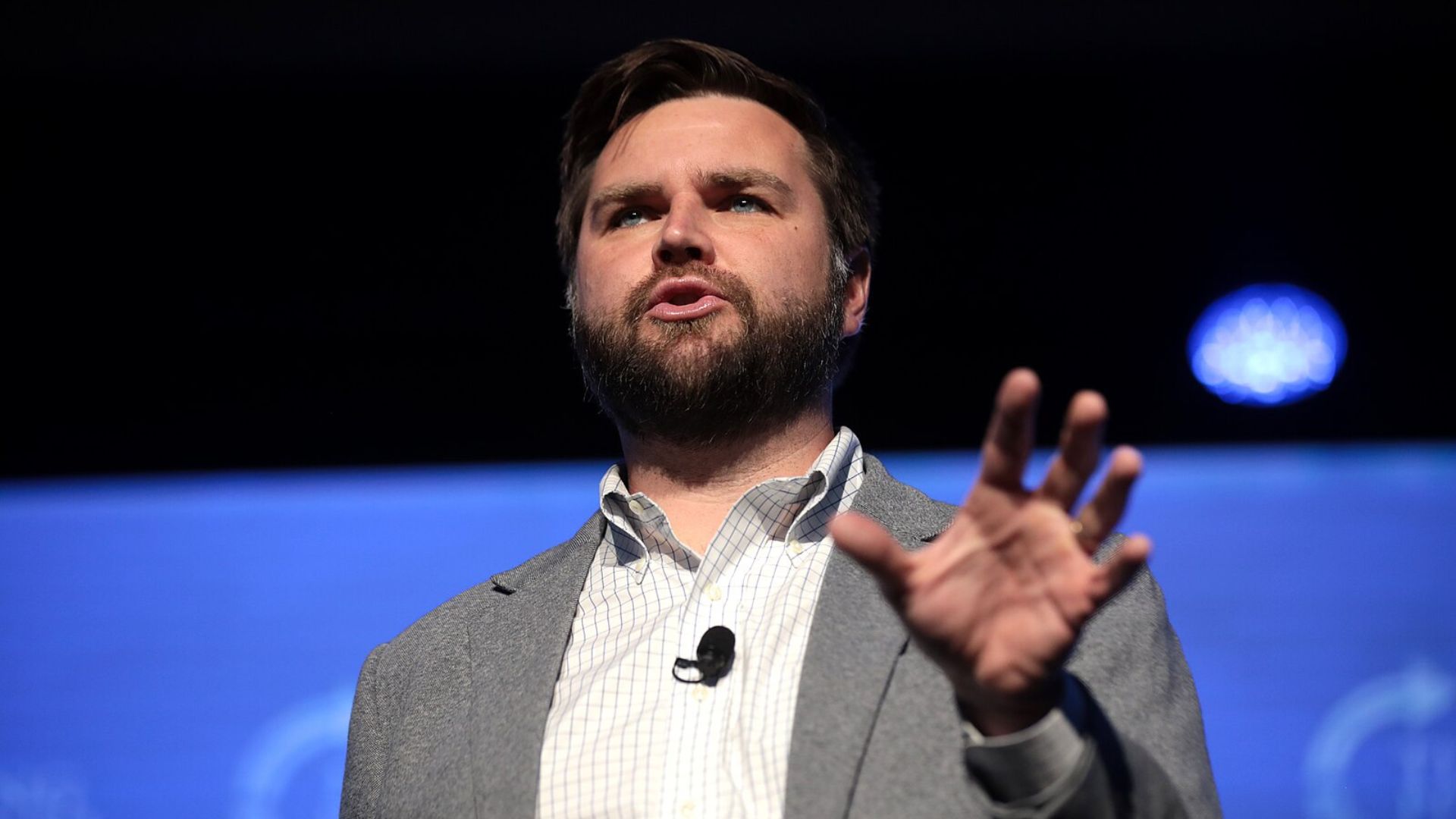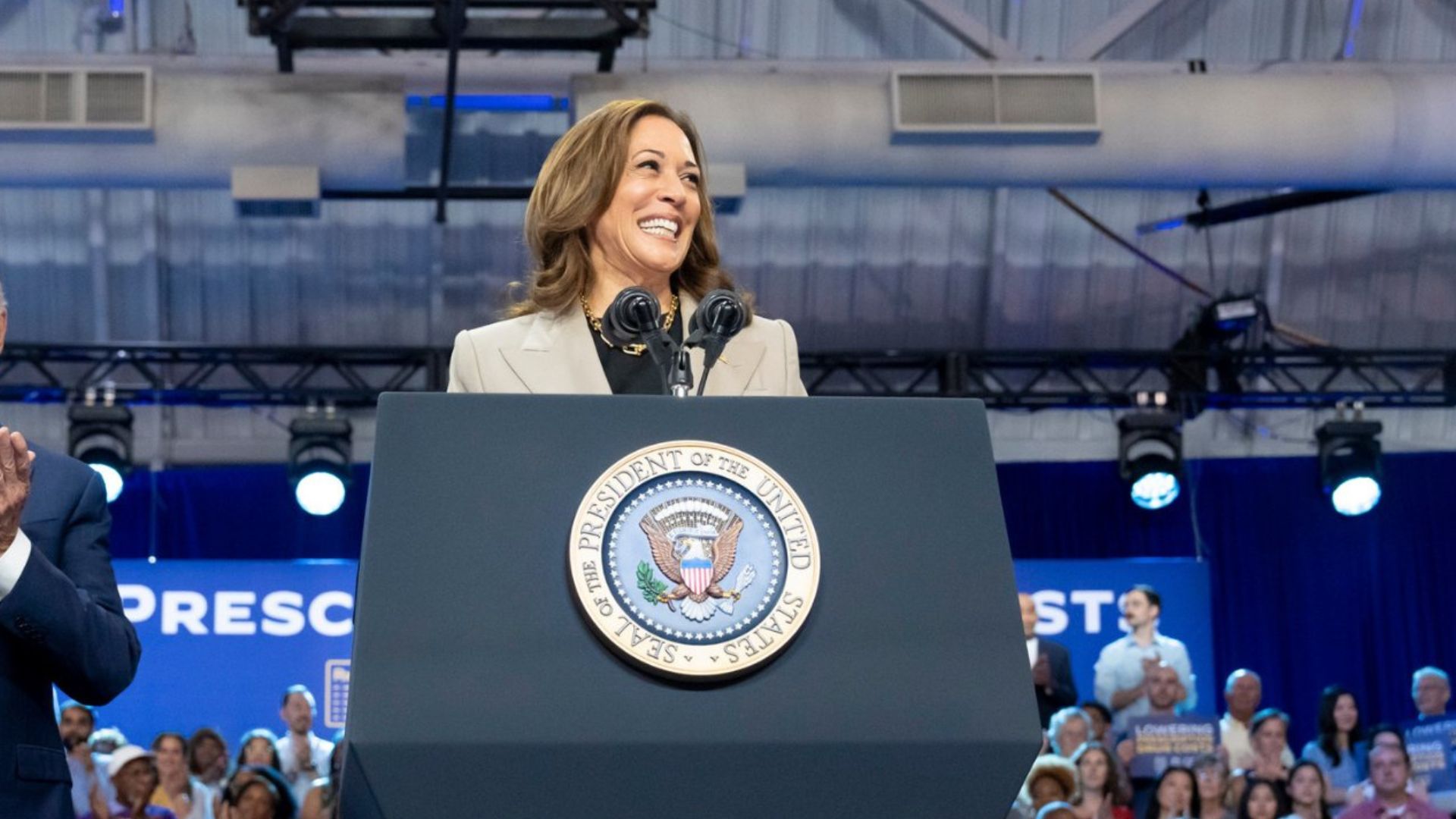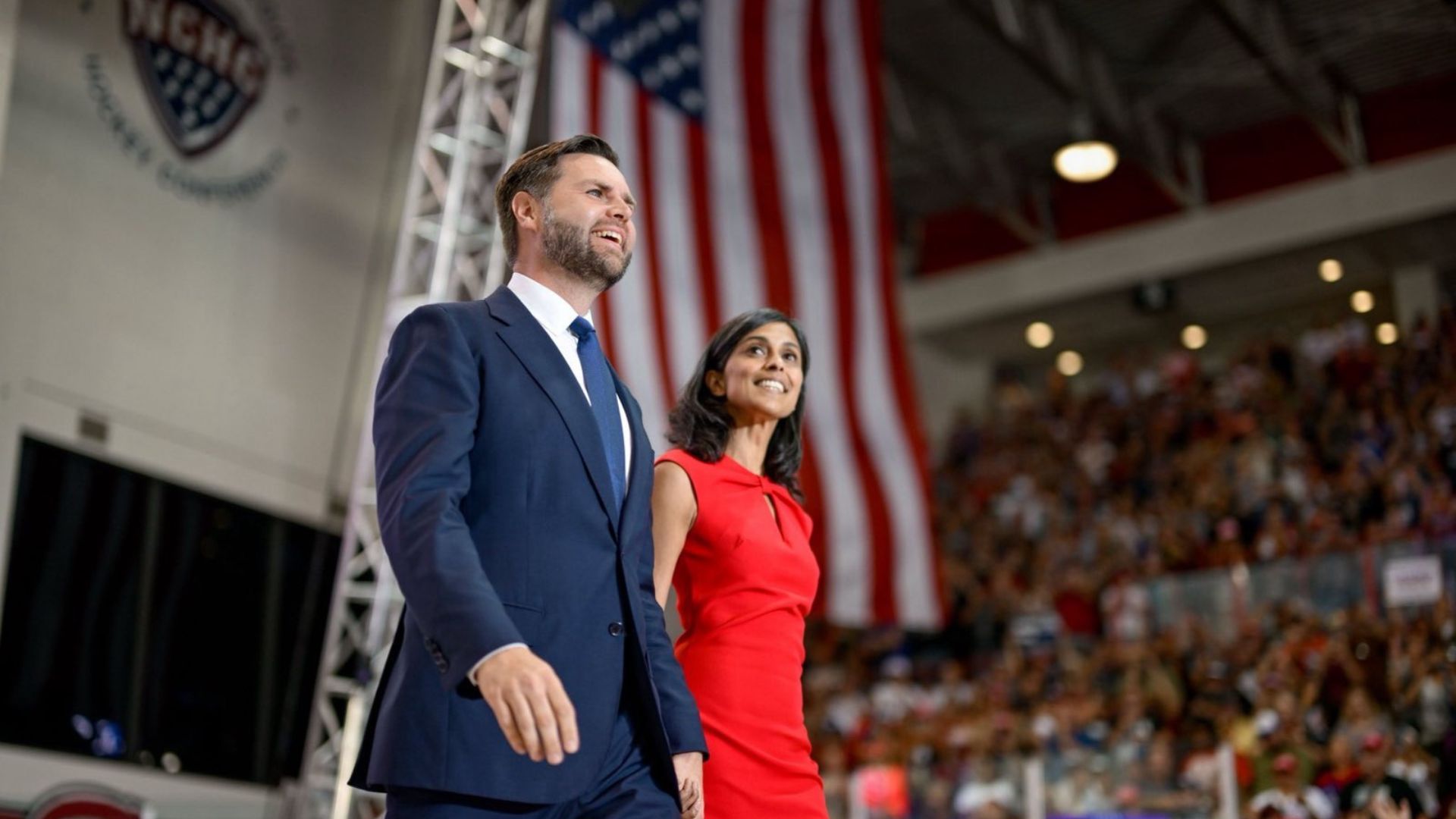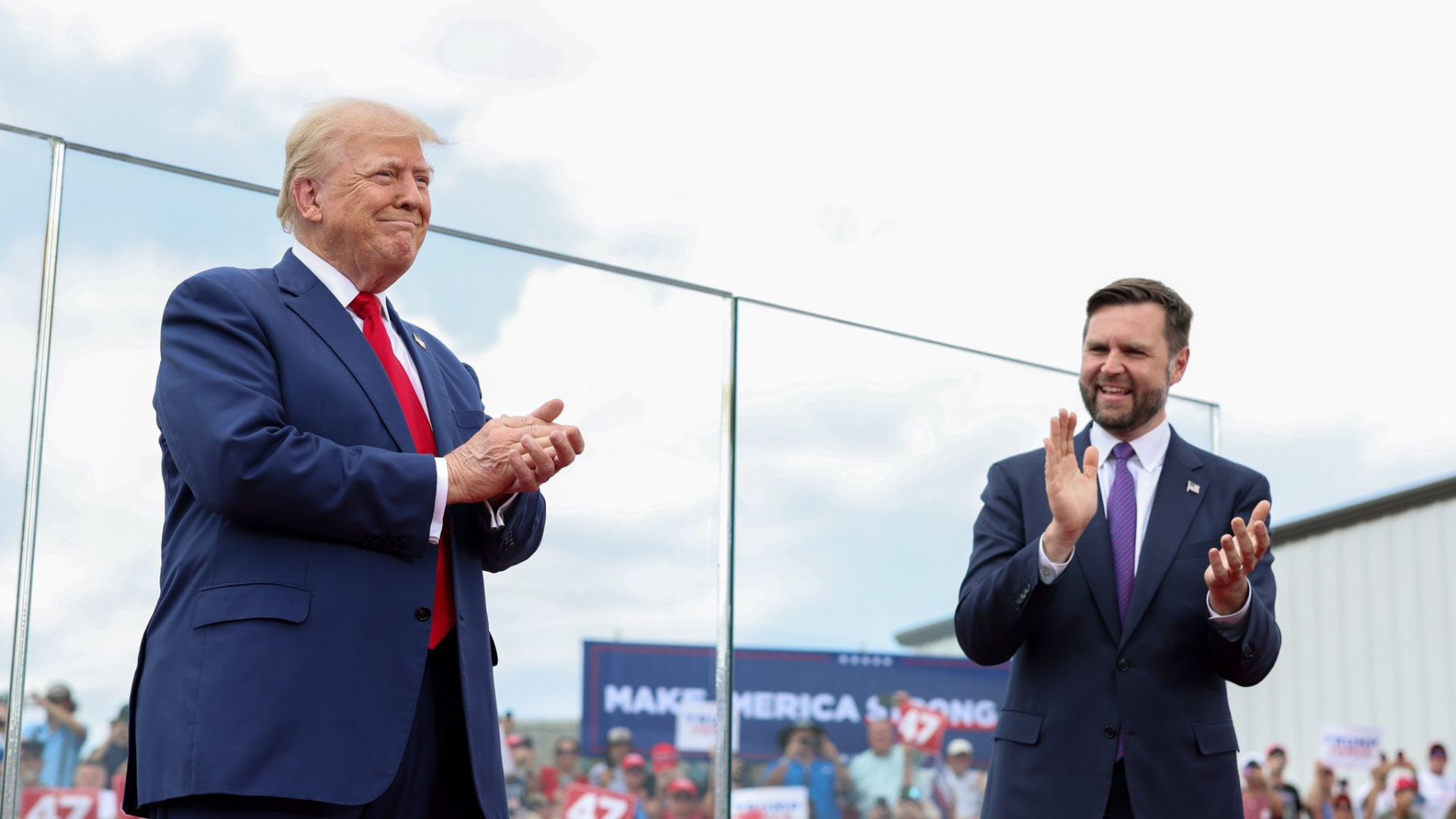JD Vance, during an interview with Charlie Kirk at a church in Mesa, Arizona, suggested that families could reduce daycare expenses by involving relatives more.
He said, “maybe grandma or grandpa wants to help out a little bit more. Or maybe there’s an aunt or uncle that wants to help out a little bit more.”
Audience Question Triggers Vance’s Response

The question that prompted Vance’s response came from an audience member during the interview, asking, “What can we do about lowering the cost of day care?”
Vance acknowledged this as an “important question” and offered family involvement as a potential solution to alleviate financial pressures on parents.
Social Media Critiques Vance’s Family-Centric Solution

Following the interview, social media users expressed their dissatisfaction with Vance’s suggestions.
Many criticized the practicality and relevance of relying on grandparents for childcare, pointing out the broader systemic issues that his suggestion fails to address.
The Growing Financial Burden of Child Care

Vance’s comments come at a time when many American families are struggling with rising child care costs.
He recognizes this issue, suggesting that community and familial support could help mitigate these financial challenges, offering alternatives to traditional daycare settings.
Vance Proposes Easier Entry into Daycare Professions

Furthering his suggestions, JD Vance proposed reducing barriers for becoming a daycare worker.
He stated, “What we have to do is actually empower people to get trained in the skills that they need for the 21st century,” emphasizing the need to make child care professions more accessible.
The Debate Over Child Care Worker Qualifications

In the same discussion, Vance criticized the current requirements for child care professionals, arguing that they are excessively stringent and unrelated to the actual care of children.
He said, “Don’t force every early child care specialist to go and get a six-year college degree.”
Child Care Costs in Presidential Debate

The issue of child care costs was briefly addressed in the first 2024 presidential debate.
Many parents voiced their disappointment online about the limited discussion on this pressing issue, highlighting the need for more focused policy solutions.
Political Figures Address Child Care Costs

Both current and former political figures have addressed child care costs in their campaigns and policies.
Vice President Kamala Harris has spoken about tackling high child care costs, while former President Trump implemented child tax credits during his term.
Public Demand for Policy Focus on Child Care

The public’s response to the presidential debate indicates a strong desire for more comprehensive policy solutions to the child care crisis.
Many are calling for clearer, more detailed plans from political leaders to address the escalating costs that burden families.
Vance’s Comments on Education and Certification Requirements

Vance also commented on the varying education and certification requirements for daycare workers across states, suggesting these do not always align with the needs of child care provision.
He highlighted the discrepancies in requirements, which he believes should be simplified.
Criticism of Vance’s Suggestions on Family-Based Care

Vance’s suggestion to utilize family members for child care was met with criticism for seeming out of touch with the realities of modern family dynamics and the professional nature of child care.
Critics argue that such suggestions do not constitute a feasible policy solution.
Future Discussions on Child Care in America

JD Vance’s comments have sparked a wider conversation about how to effectively support working families in managing child care costs.
This discussion is crucial as families across the country continue to face financial strain from rising daycare expenses, prompting a call for innovative solutions and thoughtful policy-making.
